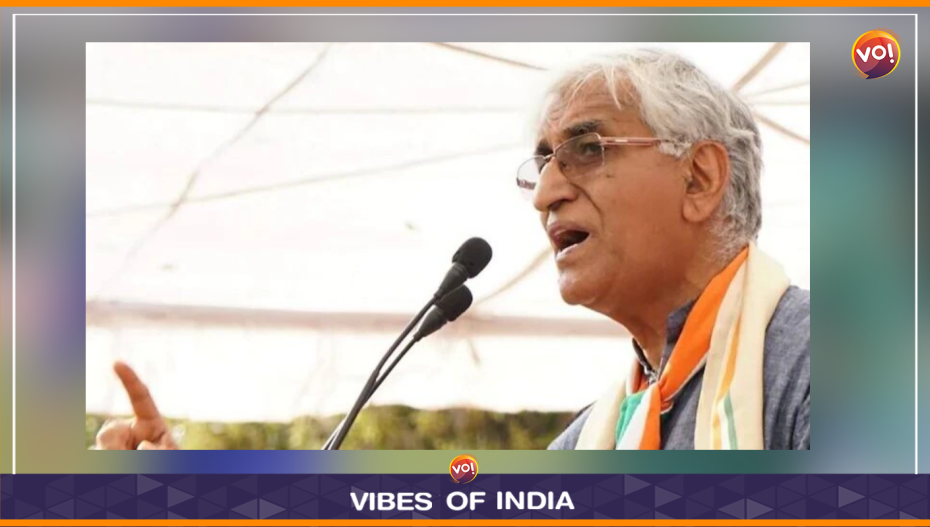Chhattisgarh Deputy Chief Minister TS Singh Deo said he was in favour of ‘One Nation, One Election’. He, however, averred that the concept was not a new one.
“On a personal level, I welcome One Nation, One Election. It’s not a new idea, but an old one,” said the senior Congress leader.
‘One Nation One Election’, as the name suggests, envisages conducting Lok Sabha and state elections simultaneously. The concept, strongly advocated by Prime Minister Narendra Modi, has been pushed to the centre stage after reports emerged that the government may introduce a bill on ‘One Nation One Election’ in a special session of Parliament scheduled between September 18 and 22. The agenda of the session is not known yet.
The government’s move on Friday to form a panel headed by former president Ram Nath Kovind to explore the possibility of ‘One Nation, One Election’ has intensified the buzz over the possibility of the dissolution of the current Parliament and the announcement of early Lok Sabha polls.
Assembly elections are slated for five states in the months of November and December. Lok Sabha elections are set to take place in May and June of the following year.
Uddhav Thackeray’s aide and Shiv Sena (UBT) leader Sanjay Raut, on Friday, said the government was trying to delay impending polls by calling a special session of Parliament.
“‘One Nation, One Election’ is fine, but there should be a fair election. They (Centre) have brought this to postpone our demand for a fair election. I think this is a conspiracy to delay elections,” Raut told reporters.
Taking to X, former Union minister and Trinamool Congress leader Yashwant Sinha said, “You cannot have ‘one nation one election’ unless you replace the present parliamentary system with a presidential system. Is that the intention of the government?”
The idea of ‘One Nation, One Election’ refers to holding simultaneous elections across the country. This means that elections for the Lok Sabha and all state assemblies across India will be held simultaneously — with voting presumably taking place around the same time.
Currently, elections to the state assemblies and the Lok Sabha are held separately — after the five-year term of the incumbent government ends or if it is dissolved due to various reasons.
Also Read: New Tiger Reserve In Rajasthan Gets NTCA Nod













